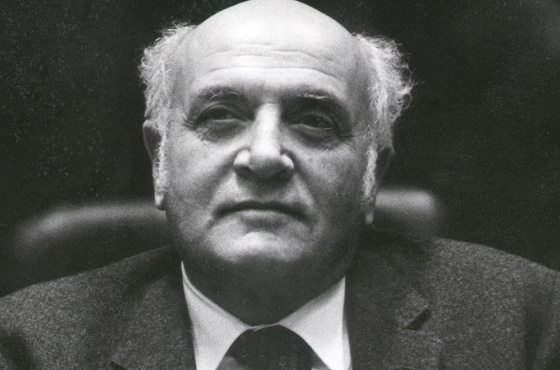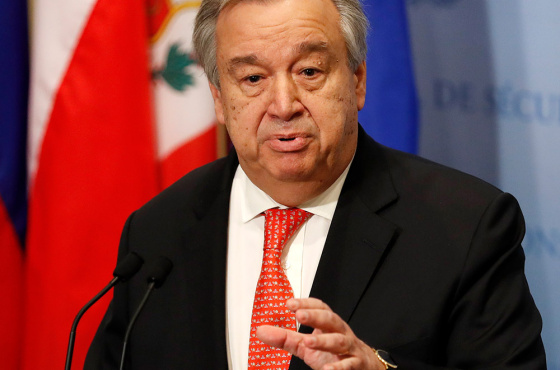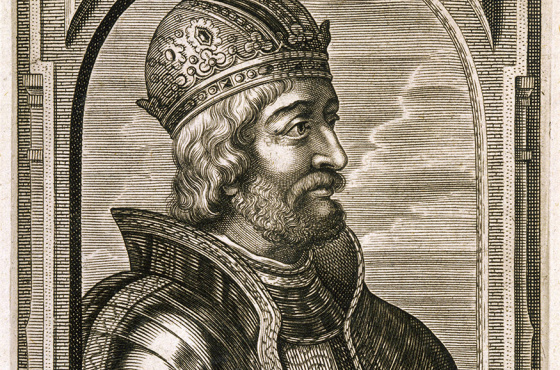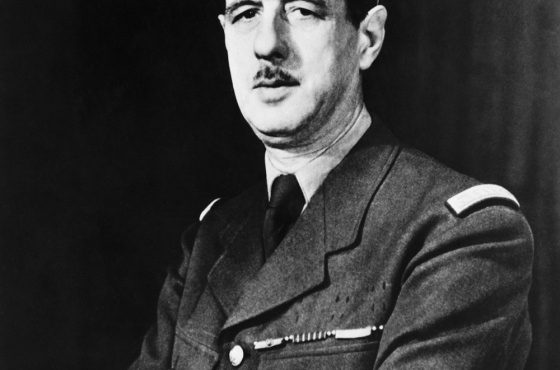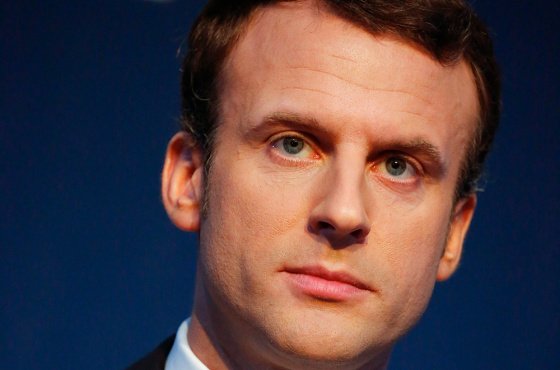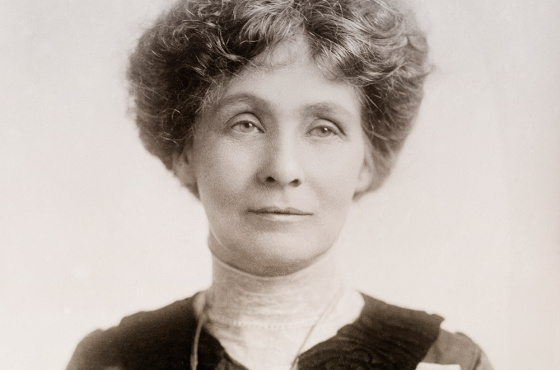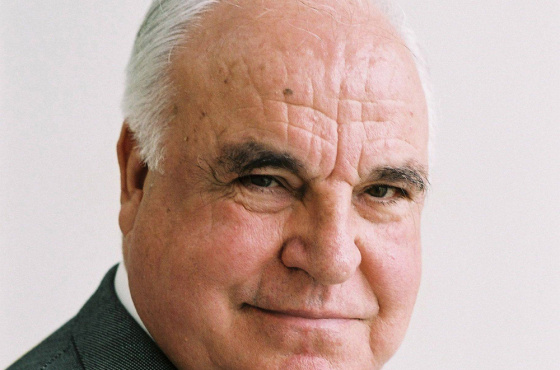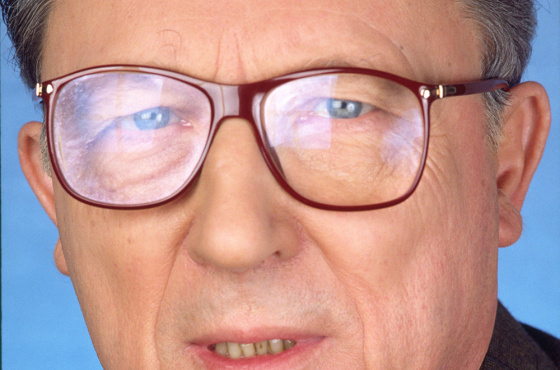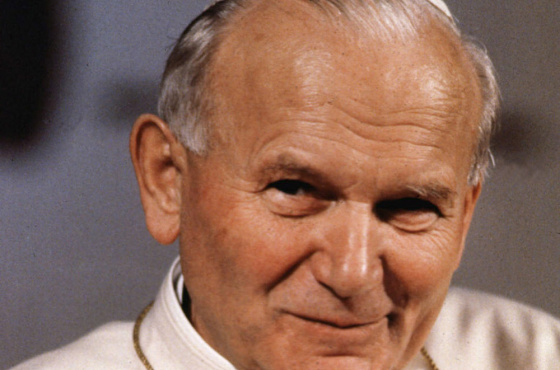Ta vsebina trenutno ni na voljo v jeziku Slovenščina.

Leaders and Influencers
Več informacij europa.eu
Kontaktirajte EU
- Pokličite nas 00 800 6 7 8 9 10 11
- Pokličite druge telefonske številke
- Pišite nam s kontaktnim obrazcem
- Obiščite nas v enem od centrov EU
Družbeni mediji
Pravni pogoji
Institucije EU
- Evropski parlament
- Evropski svet
- Svet Evropske unije
- Evropska komisija
- Sodišče Evropske unije
- Evropska centralna banka (ECB)
- Evropsko računsko sodišče
- Evropska služba za zunanje delovanje
- Evropski ekonomsko-socialni odbor
- Evropski odbor regij
- Evropska investicijska banka (EIB)
- Evropski varuh človekovih pravic
- Evropski nadzornik za varstvo podatkov
- Evropski odbor za varstvo podatkov
- Evropski urad za izbor osebja
- Urad za publikacije Evropske unije
- Agencije

